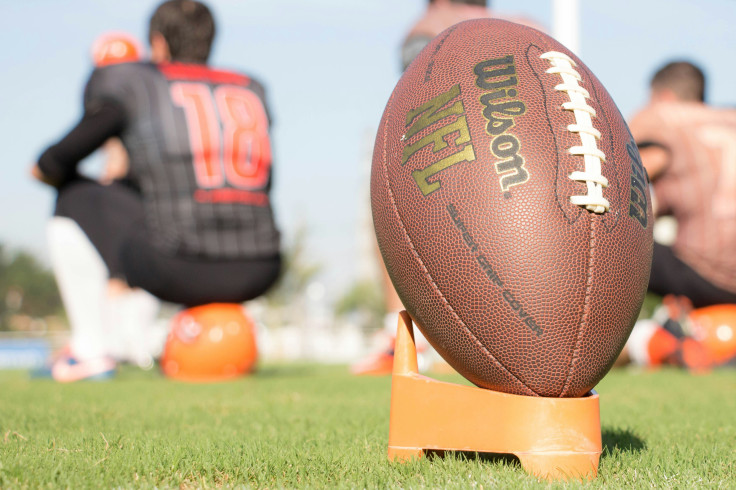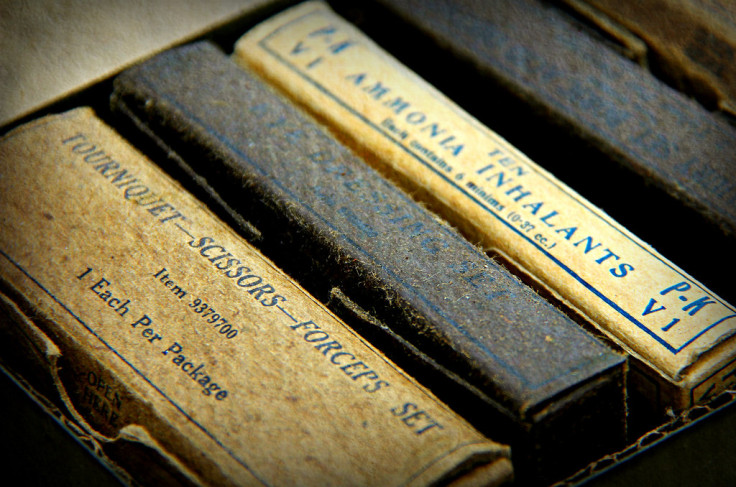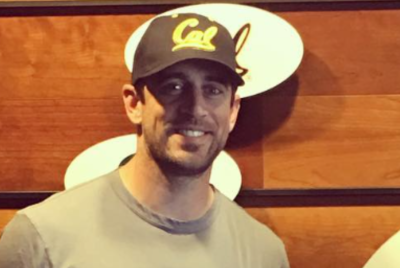Shocking Reason Why The NFL Banned Smelling Salts and Why Players Use Them in the First Place
Smelling salts have long been part of football culture, but concerns over player safety have prompted the NFL to crackdown.

Those pungent little capsules packed with ammonia compounds have vanished from NFL sidelines. Once as common as water bottles and athletic tape, smelling salts—designed to deliver a sharp sensory jolt that triggers heightened alertness—are now contraband in professional American football.
The league's sweeping ban has sparked a fierce debate between player safety advocates and athletes who swear by their pre-game rituals. But what drove the NFL to outlaw a practice that's been part of the sport for decades?
More Than Just a Pick-Me-Up
Developed initially to revive people who'd fainted, smelling salts found an unlikely second life in professional sports. NFL players routinely cracked open these ammonia capsules seconds before crucial plays, chasing that instant rush of focus and energy—particularly after bone-rattling tackles left them seeing stars.
Though never classified as performance-enhancing drugs, these sideline stimulants have stirred controversy for years. The NFL previously tolerated what officials considered a 'harmless tradition'. Recent medical findings, however, have shattered that perception.
The Breaking Point
In mid-2025, the NFL distributed a memorandum to all 32 teams declaring ammonia inhalants—including capsules, inhalers, and any form of 'smelling salts'—strictly prohibited during games, pregame activities, halftime, and in locker rooms.
The ban extends beyond players to include all team personnel: trainers, coaches, and medical staff. Violations could result in fines and disciplinary measures, although the league hasn't publicly detailed specific penalties.
The prohibition follows a 2024 FDA warning that highlighted the absence of proven safety or efficacy for these products in boosting alertness or energy. More alarmingly, the FDA noted they could mask critical neurological symptoms, including signs of concussion. The NFL's Head, Neck and Spine Committee endorsed the ban based on these findings.

Medical Experts Sound the Alarm
Medical professionals have long warned that the use of ammonia-based inhalants can be risky, primarily when used repeatedly or after a head injury.
Dr. Chris Nowinski, CEO of the Concussion Legacy Foundation, has been a vocal critic of the practice in contact sports. He argues that using smelling salts after a concussion is dangerous because it can mask symptoms, potentially leading athletes to return to play when they should be undergoing medical evaluation.
These warnings from Nowinski and other specialists underscore a fundamental problem: such practices sabotage proper concussion protocols, exposing players to catastrophic secondary injuries.
The Tua Tagovailoa Effect
The 2022 season brought the concussion debate into sharp focus when Miami Dolphins quarterback Tua Tagovailoa suffered two diagnosed concussions within a span of weeks.
The second incident, occurring just four days after he stumbled and required support from teammates following a hit against Buffalo, saw him stretchered off the field in Cincinnati after exhibiting the 'fencing response'—arms involuntarily extending after brain trauma.
While smelling salts weren't directly implicated in Tagovailoa's injuries, the incidents sparked intense scrutiny of the NFL's approach to player safety and concussion management. Critics argued that any substance potentially interfering with accurate brain injury assessment—including ammonia inhalants—had no place in the sport.
The controversy prompted the league to adopt a stricter stance on any practices that might compromise neurological evaluations.
Players Push Back
The ban has divided the locker room. Some athletes openly support the league's decision, citing legitimate concerns about the long-term impact on brain health. Others view it as an overreach that eliminates a harmless pregame ritual.
DeMarcus Lawrence, the defensive end for the Seattle Seahawks, previously relied on ammonia instead of coffee during games. 'The ammonia wakes you up, opens your eyes,' he explained before the ban. 'You'll be on the bench, you start to get a little tired, and you've got to wake your body up, and that's what that little ammonia does for you.'
San Francisco 49ers tight end George Kittle became the unofficial spokesman for the opposition when he crashed an NFL Network interview to 'air a grievance' about the ban. His theatrical response included a tongue-in-cheek retirement threat.
'I considered retirement,' Kittle said with a wry smile, later adding: 'We have got to figure out a middle ground here, guys. Somebody help me out. Somebody come up with a good idea. That's all I had to get out there. Get that off my chest.'
The Search for Alternatives
With ammonia inhalants outlawed, teams and players are exploring safer methods to achieve pregame readiness. Breathing exercises, visualisation techniques, and caffeine supplements have emerged as the primary alternatives. The league is simultaneously promoting comprehensive education about brain health and sustainable training practices.
This ban might appear trivial compared to other safety measures, but it signals a fundamental shift in professional sports: protecting athletes takes precedence over performance traditions. As research continues revealing the devastating long-term effects of repeated head trauma, the NFL is eliminating even marginal risks.
A Watershed Moment
What began as a sideline staple has transformed into a cautionary tale about evolving safety standards. The NFL's prohibition of smelling salts represents more than regulatory housekeeping—it's a definitive statement about the league's priorities in an era of heightened concussion awareness.
The message is clear: when player safety collides with longtime traditions, safety wins. As science increasingly drives sports policy, even the most innocuous-seeming practices face scrutiny. In the modern NFL, that sharp whiff of ammonia has become the smell of the past.
© Copyright IBTimes 2025. All rights reserved.





















